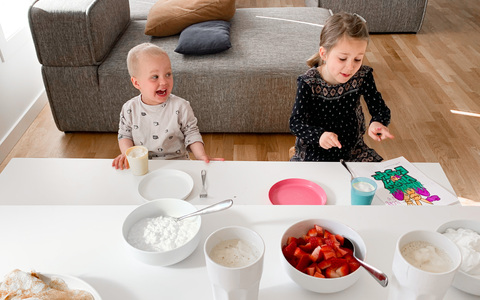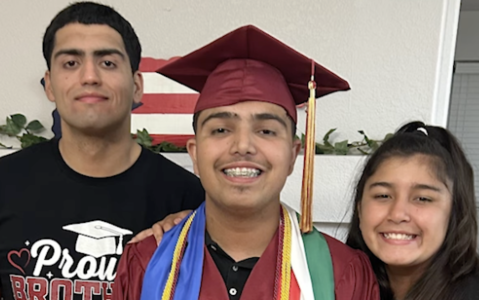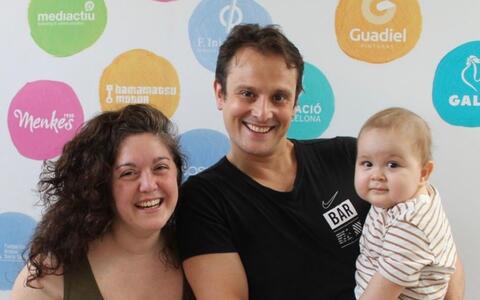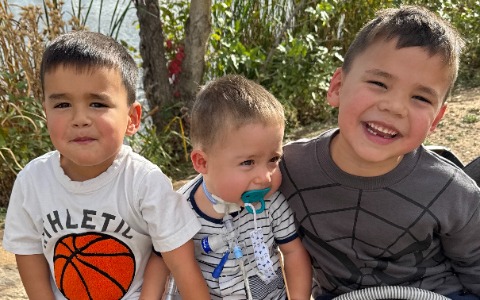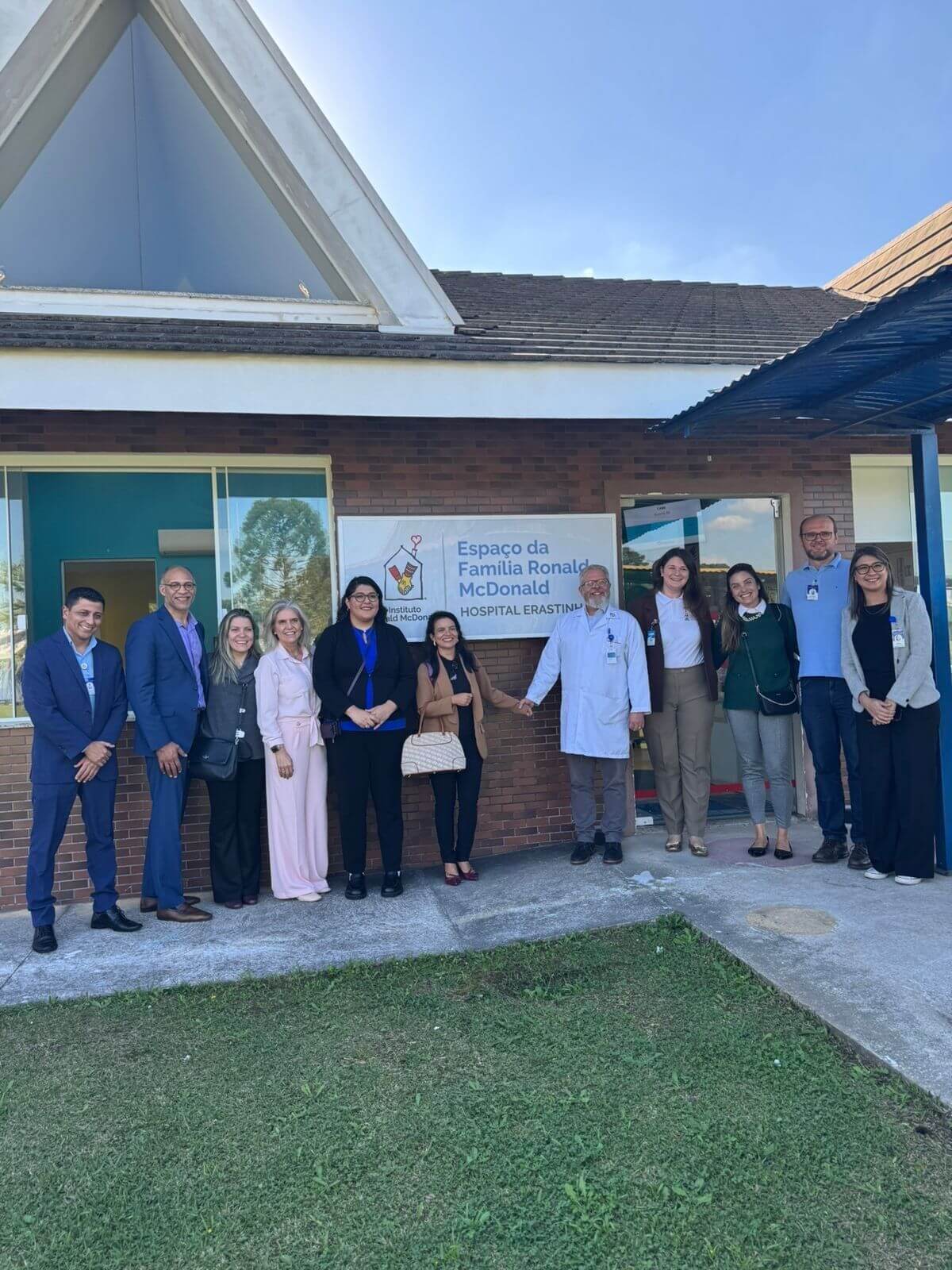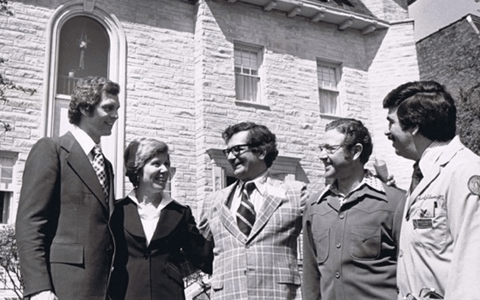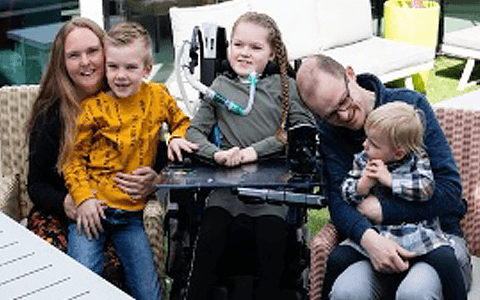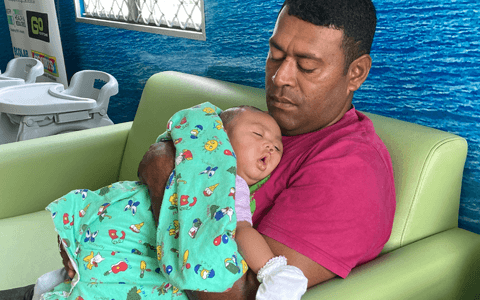
Ronald McDonald House India is entering a pivotal phase in its growth journey. Can you share what’s driving this expansion and why now?
As in many parts of the world, India’s pediatric healthcare landscape is undergoing rapid transformation, technological advancement, and consolidation. We’re seeing rising demand for specialized care—particularly in pediatric oncology, cardiology, and neonatology—across both public and private sectors. But this growth has led to disparities in access. Hospital consolidation in many urban parts of the country, combined with persistent gaps in healthcare delivery in more rural areas, place significant burdens on families who need lifesaving care for their child . While the scientific breakthroughs offer hope for children who need specialized care, families often need to travel farther, stay longer, and return many times for their child’s treatment.
Families in India travel hundreds of kilometers to access treatment, facing not only medical challenges but also emotional and financial burdens. These families need more than just medical care—they need a safe, supportive environment. That’s where Ronald McDonald House comes in. We’re taking urgent steps to bridge these gaps in access, ensuring families have the support they need during their child’s medical journey.
What are some of the key challenges families face when seeking pediatric care in India?
Access is a major issue. While 80%−85% of pediatric cancer cases occur in the developing world, only 10% of these cases result in survival because treatment and supportive services are unavailable or unaffordable. Studies have found that rates of treatment abandonment in developing countries can be as high as 60% among pediatric cancer patients . Because of the intensive nature of cancer treatment, families are faced with the difficult decision to relocate in order to reach their child’s doctors, resulting in a loss of income—this, combined with significant medical costs, creates an overwhelming financial burden and an added barrier to care.
This is especially true in India, where we see families who are forced to abandon treatment when they have nowhere to stay while the child receives treatment. At Bai Jerbai Wadia Hospital in Mumbai, for example, we see over 110,000 outpatient visits annually, many from families with children battling cancer. Many families sleep on the street outside the hospital for weeks at a time simply to get an appointment. For pediatric patients needing follow-up treatments, a lack of affordable and hygienic living spaces close to the hospital during recovery places them at high risk of infection and relapse, reducing the rates of full recovery. Key to reducing the rate of treatment abandonment are programs that provide financial help and supportive services to patients' families.

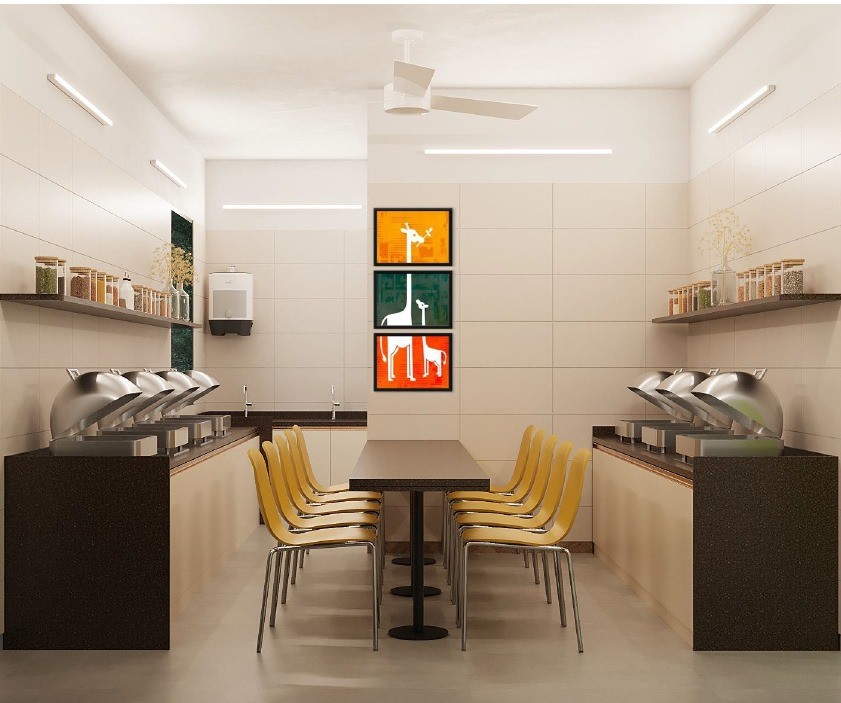
How is Ronald McDonald House India responding to this demand?
We’re expanding our footprint significantly , beyond the two Family Room programs we currently operate in the country. In October 2025, we’ll launch our first Ronald McDonald House in Mumbai, expected to serve 300–500 families annually. This will be followed by new Family Rooms in Chennai and House programs in Hyderabad and New Delhi. By 2030, we aim to operate at least five Houses and three Family Rooms across key pediatric hubs. These facilities will offer free lodging, meals, and psychosocial support—helping more than 5,000 families each year. By enabling access to care and ensuring families stay actively involved throughout their child’s treatment, Ronald McDonald House India can support health outcomes and truly provide children a chance at survival.
What role do social determinants of health play in Ronald McDonald House India’s strategy?
They’re central to our mission. Many of the families we serve face challenges like poverty, poor sanitation, and limited education. These factors directly impact health outcomes. Ronald McDonald House India addresses these by offering holistic support, including safe housing, nutritious meals, emotional care, and community engagement. We also work to dispel myths around childhood illnesses, especially cancer, which is still stigmatized in many parts of India.
How does Ronald McDonald House India plan to measure success in the coming years?
Our goals are ambitious but achievable. By 2030, we aim to serve over 5,000 families annually, partner with at least five magnet hospitals, and build a robust volunteer ecosystem. Success will be measured not just in numbers, but in impact—better treatment adherence, reduced financial hardship, and improved emotional well-being for families. This is what family-centered care is all about: ensuring the entire family is supported, engaged, and involved in their child’s medical care. We’re truly committed to making family-centered care the standard in India, not the exception.
What support is needed to realize this vision?
We’re fortunate to have strong local partnerships, but we need seed funding and regulatory support to scale effectively. Real estate constraints, staffing needs, and hospital collaboration are ongoing challenges. We invite donors, partners, and advocates to join us in this journey. Together, we can transform pediatric care in India and ensure that no family faces their child’s illness alone.


